৭ মাঘ ১৪৩২
Trump Administration Revises Controversial H-1B Visa Fee Policy, Eases Concerns for Recent Graduates
21 October 2025 20:10 PM
NEWS DESK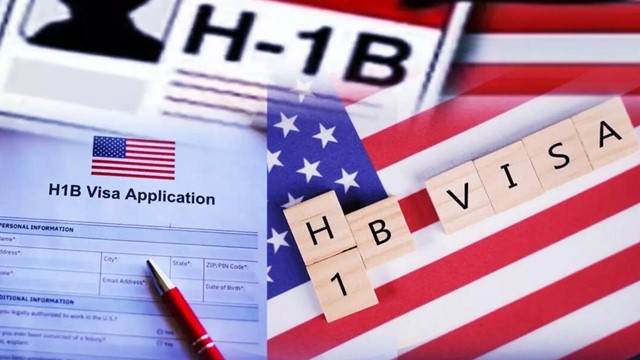
On September 19, President Donald Trump announced a controversial $100,000 fee on new H-1B visa applications, sparking concern and uncertainty among skilled foreign workers worldwide.
The H-1B visa allows highly skilled professionals in fields such as technology, engineering, medicine, and research to work in the United States for up to six years, and often serves as a pathway to permanent residency.
Initially perceived as an annual fee, the Trump administration later clarified that it would be a one-time charge, applicable only to new applicants outside the U.S. Those already in the country or holding valid H-1B visas would not be affected.
While this brought relief to current visa holders, aspiring applicants—especially recent graduates—were left in shock. Questions arose over whether employers would be willing to sponsor new hires at such a high cost. A significant number of Bangladeshi students, who typically switch from F-1 student visas to H-1B after graduation, were among those affected.
According to the 2024 "Open Doors Report on International Educational Exchange," a record 17,099 Bangladeshi students studied in the U.S. during the 2023–24 academic year, a 26% increase from the previous year. Bangladesh is now ranked 8th globally in sending international students to the U.S.
However, a new directive issued on October 20 by the U.S. Citizenship and Immigration Services (USCIS) has brought positive news. The agency clarified that the $100,000 fee would not apply to applicants changing their visa status from F-1 to H-1B within the U.S.—a process known as "Change of Status." It also does not apply to those extending their H-1B status.
This means international students graduating from U.S. universities and sponsored for H-1B visas can now proceed without the burden of the hefty fee. However, applicants currently outside the U.S., or those who must leave the country before processing, will still be required to pay.
Additionally, the administration confirmed that F-1 student visa holders and L-1 visa holders (employees of multinational companies) seeking H-1B status within the U.S. will be exempt from the new fee.
Though confusion initially surrounded the September proclamation, the latest USCIS update has clarified much of the uncertainty and brought relief to thousands of potential skilled workers—especially international graduates aiming to build careers in the U.S.




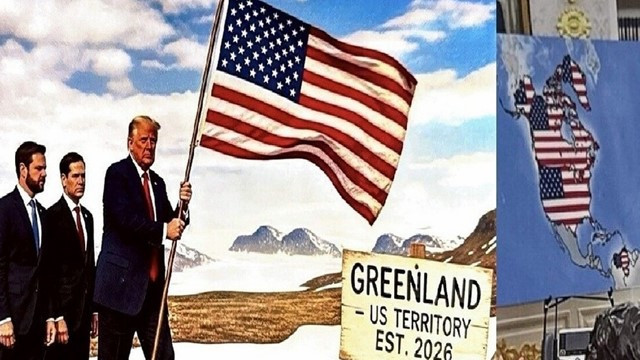
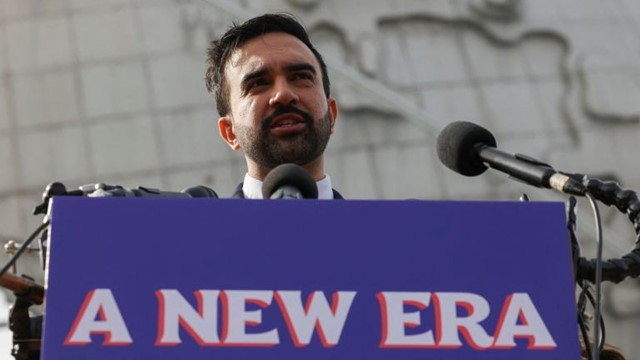
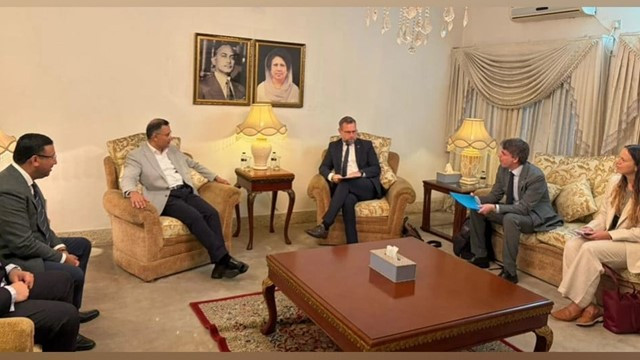
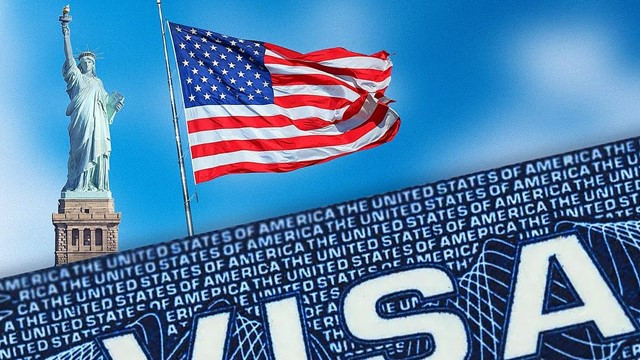
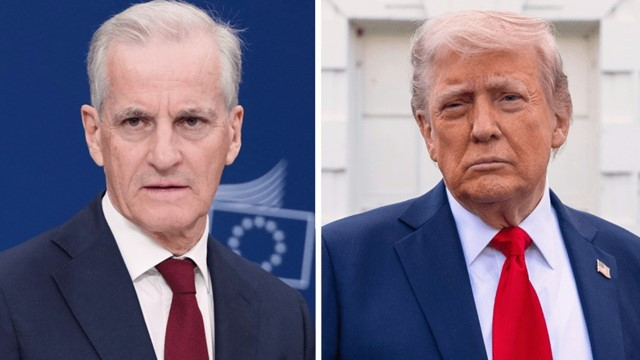
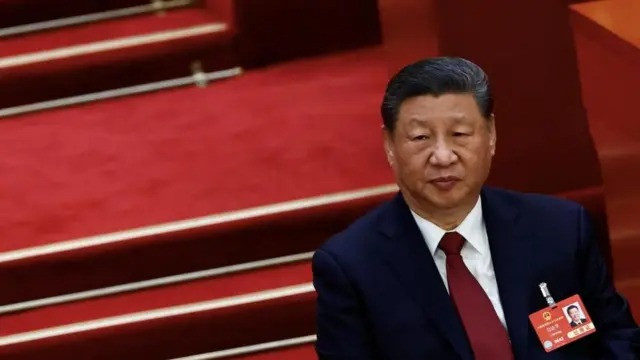

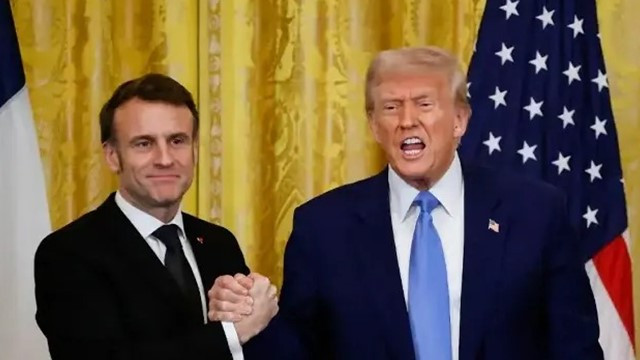
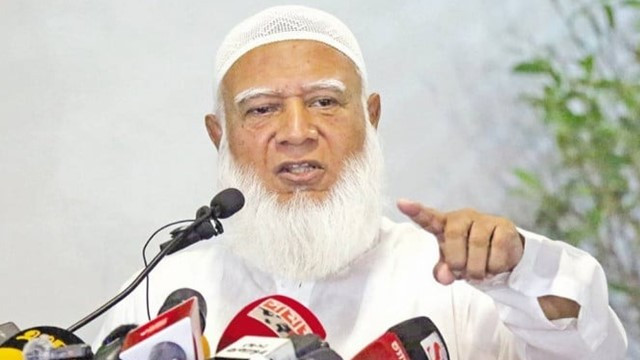

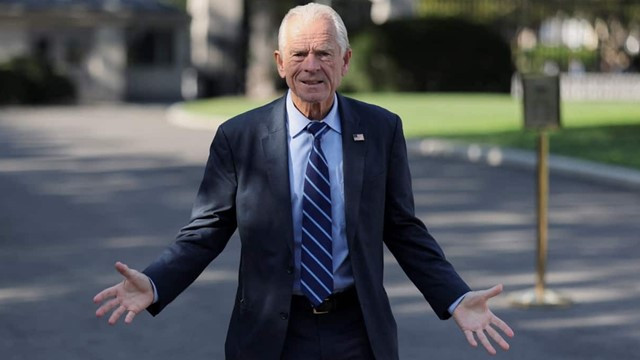
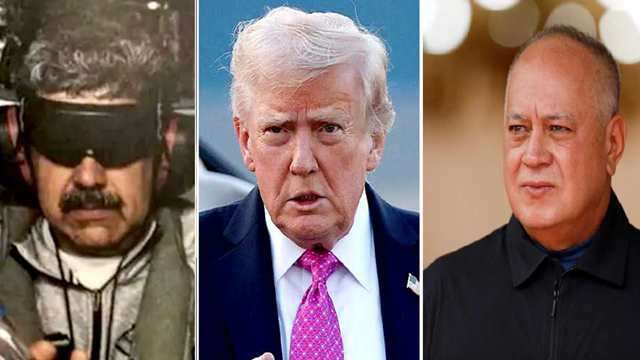
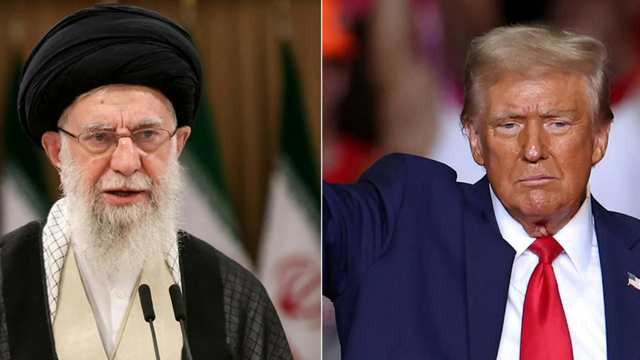
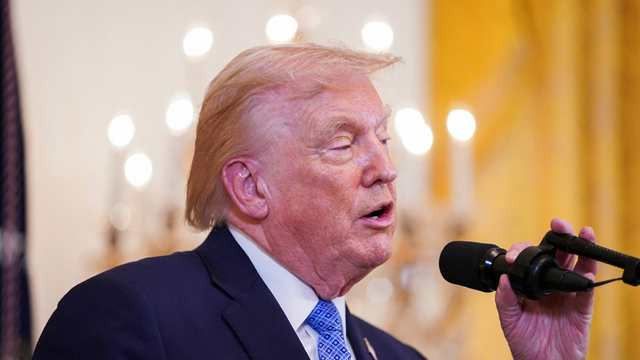
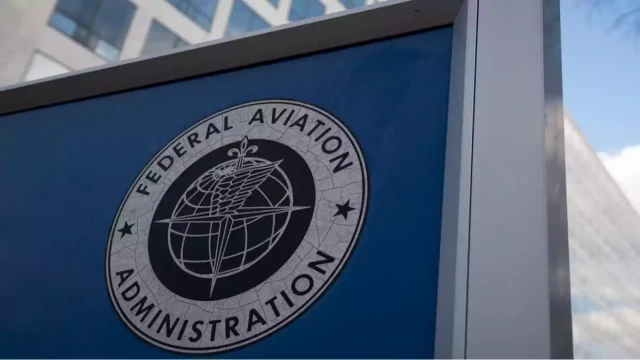
Comments Here: